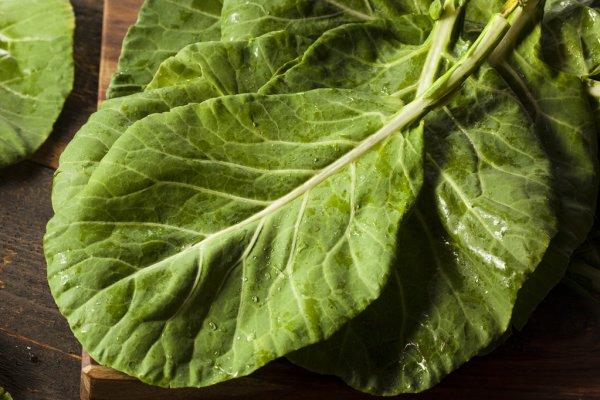Meet the Farmers
Robert and Gwendolyn Williams started farming in commodity crop production over 15 years ago, but small-scale gardening has always been where their passion lies. They are pursuing their first vegetable growing operation to shepherd their family and community away from foods that contribute to diet-related diseases and poor environmental conditions. This land has been in Gwendolyn's family for generations, and they will be dedicating the farm to Gwendolyn’s grandmother, who they affectionately called “Lady Bug.” She ran a farm and worked diligently to keep this land in the family, but eventually had to lease it out to conventional growers. The Williams know that putting the farm back into family production would make Lady Bug proud. Theirs is the rare story of preserving Black family land.
Both Gwendolyn and Robert grew up gardening, with a special connection to the land and the food they consumed. Gwendolyn currently works in home health, but will be contributing to growing and farm operations. Robert has been conventionally farming row crops (including soy, corn, milo, wheat) on leased property for over 15 years. In 1991, Robert was discriminated against in loans for land ownership and was a claimant in the Pigford vs. Glickman class action lawsuit, which he won. This experience dampened his interest in farming for many years. Before farming row crops, Robert shared a garden, growing vegetables with his brother Lester. Lester will mentor Robert as he transitions the land back to natural, human-scale farming. Robert has long desired to return to farming vegetables and away from consuming the chemical-ridden food commonly found at conventional grocery stores.
Robert wants to get back to his roots and grow the foods his family ate growing up. He wants to provide his grandchildren with plentiful options for nutritious and fresh, delicious food that represents their heritage and culture. Over time they’ll introduce other fruits and vegetables into the mix, including plans to start an orchard with pear and persimmon trees. While Williams Vegetable Farm is a new operation, Gwendolyn and Robert have already established significant community and organization support for their farming and administrative operations. They have market channels through family farming connections and a robust support network of other local and regional farmers and organizations, most notably SPROUT NOLA. Much of the produce grown at the Williams Vegetable Farm will be sold through a farm-to-school program, providing fresh, nutrient-rich produce for children in their community.
Regenerative & Sustainable Practices
Williams Vegetable Farm is a farm in transition. Sitting upon land previously used to grow conventional soy, the Williams are working with Steward, LSU, and SPROUT NOLA to identify appropriate, sustainable, and regenerative farming practices to establish a holistic management approach to growing vegetables for years to come. This process entails:
- Creating a comprehensive plan with Steward for a full transition away from synthetic inputs in a year’s time. The plan will switch the land from being farmed with conventional methods back to the way their great grandparents farmed--practices that are more aligned with the seasons and promote a healthy, biodiverse ecosystem.
- Implementing cover cropping and a robust composting plan to fix nitrogen in the soil naturally, improve soil fertility, and end dependence on nitrogen-based additives.

